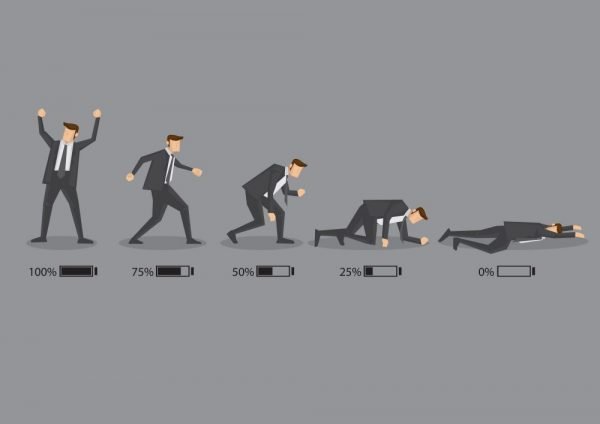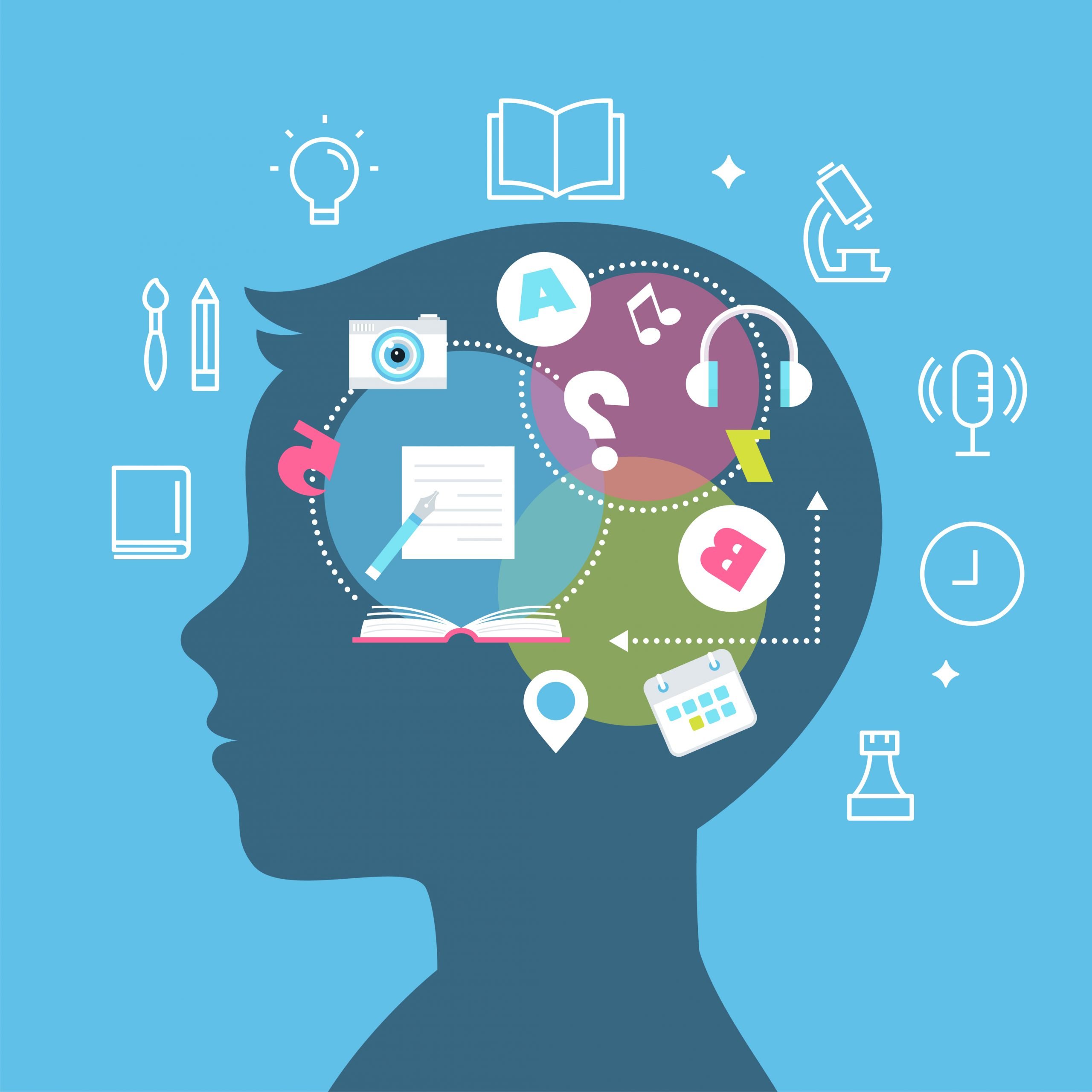Don’t Zone Out: Tackling Maritime Training Fatigue

It is not just athletes who suffer from training fatigue – it can also affect people studying. So, we ask what happens when seafarers have to deal with a heavy maritime training regime, and how it can be managed and avoided?

WORN OUT
The pressure on seafarers to keep on top of their certificates of competency, as well as learning about the latest equipment, rules, regulations and new challenges can really hit hard.
With so much to learn, and with limited amount of time to train – then it can be a case that training fatigue creeps in. Normally you might think about physical tiredness, but the brain can get exhausted too.
This is especially the case when pressures rise. Maritime training does not exist in a vacuum. Onboard there are many demands for an individuals time, and training can often feel like an added hassle.
The key for KVH Videotel as experts in training, and for the many maritime HR managers we work with globally, is to ensure that there is empathy and understanding of the problems that seafarers have in managing their time.
DOES NOT COMPUTE
The brain is, in essence, a computer, and a very powerful one at that. Now, whereas your average PC doesn’t get overly exerted regardless of the number of sums it has to calculate, the human brain can all too often run out of steam.
The brain even uses a fairly constant amount of energy. Whether you are solving a math problem, watching TV, or staring at a blank wall, the power demands of the human processor are pretty consistent, which makes it even more surprising that sometimes enough really does feel enough.
So, if the brain isn’t “working harder”, why is it that mental effort and the tiredness that comes from expending it can hit those who are training? What are the factors that can make learning a breeze or a bore?
The brain is a complex beast – and while there are few definitive answers, it would seem that mental tiredness may be due to the following factors:
- the brain’s natural affinity for variety,
- the reduced stimulation that comes from focus, and
- the reduced learning capacity that occurs during sustained alertness
FEED THE BRAIN
In order to head off brain drain, and the fatigue that can come with training, it is vital to appreciate what the brain is good at, and what it is not. Studies repeatedly show the brain has a natural affinity for variety of stimulation, so training needs to deal with that. We will only get the best from students when there are stimulated. You only have to remember being a bored school child to remember what a lack of stimulus can bring. You can probably remember the stimulating lessons, as opposed to those where you drifted off and were bored rigid.
When the brain is not doing tasks it enjoys, then it has to increase the effort which goes into doing them. Increased effort causes fatigue. There needs to be sufficient stimulation, as the brain also has an aversion to repetition and often struggles with sustained focus of attention.
The brain also has an aversion to repetition and often struggles with sustained focus of attention. See, you even had to read that line twice to see whether it was really was repeated above. Yes it was, which hopefully proves the point well. Another issue is the fact that during learning the brain stores information in a certain way, in a form of “temporary” brain storage.

This allows for fast recall, but the storage can seemingly get “full” until the memories are reorganised. This is usually done during sleep, and the brain creates “more space”. As this memory fills, more and more mistakes are made during the learning process, requiring an increased focus of attention to counteract. Which, yes, leads to more fatigue.

MATTER OF FOCUS
As the brain tries to soak information, it wrestles with distractions and tries to hone in on what it needs to learn. As the brain focuses attention, it seeks to block out stimulation from the environment (so-called “distractions”).
This can work for a time, but as we have discussed, the brain does not like reduced stimulation. So, the harder it works to block distractions, then the less stimulus it receives, and suddenly that can lead to drowsiness.
All of these factors together may be why intensive learning produces tiredness. Which is why it needs to be understood and managed. Otherwise both the individual and the training both suffer.
So, it is vital to ask the question of whether seafarers are training effectively. It is important to ask whether training has become a mere tick box exercise, and whether crews are suffering from training fatigue.
MAKING LEARNING COUNT
Understanding what the brain is trying to do when we learn means that answers can be found to improve both the experience and the results. Indeed, scientific research has provided a number of ways to avoid training fatigue.
- Fine-tuned Challenges: People are motivated to learn when the task is matched to the right level of skill: not so easy as to be boring, and not so hard as to be frustrating. So, learning exercises are best when on the edge of abilities. Meaning trainees want to keep upping the difficulty as they improve.
- Questions then Answers: Memorising information is boring and repetitive, while discovering the solution to puzzles can be invigorating. Present material to be learned not as a grim, relentless grind, but as a live question begging to be explored. That is how the brain can embrace learning.
- Sense of Competition: The brain loves a challenge, and humans are competitive. So, by generating a sense of competition can drive focus and attainment.
- Connect Abstracts to Facts: Seafarers respond well to case-studies, as they know ships and the challenges onboard. When abstract theories meet real-shipboard scenarios, that is where people can excel.
- So Far Social: Isolation is a real problem at sea, and it can be a real issue for training too. So, developing a means of a social dynamic can bring positive results.
- Build the Blocks: Seafarers are keen to learn more and more. They are passionate about ships, and their career – so when they can see that training is leading somewhere. When they can see that their learning can open knowledge and skills, that is when results ramp up. Using training as part of wider building blocks of knowledge can be hugely useful and influential.
At KVH Videotel the issue of seafarer learning has always been at the core of what we do. We are proud that since 1973, we have been at the forefront of innovation and excellence. We recognise that training can be a chore, that there are other demands for time when at sea. So, we always look at the ways of making maritime training more effective, interesting, stimulating and enjoyable. We are leading the charge with virtual reality, and with scenarios and online tools to make a difference to the way crews train and the results as they learn.
